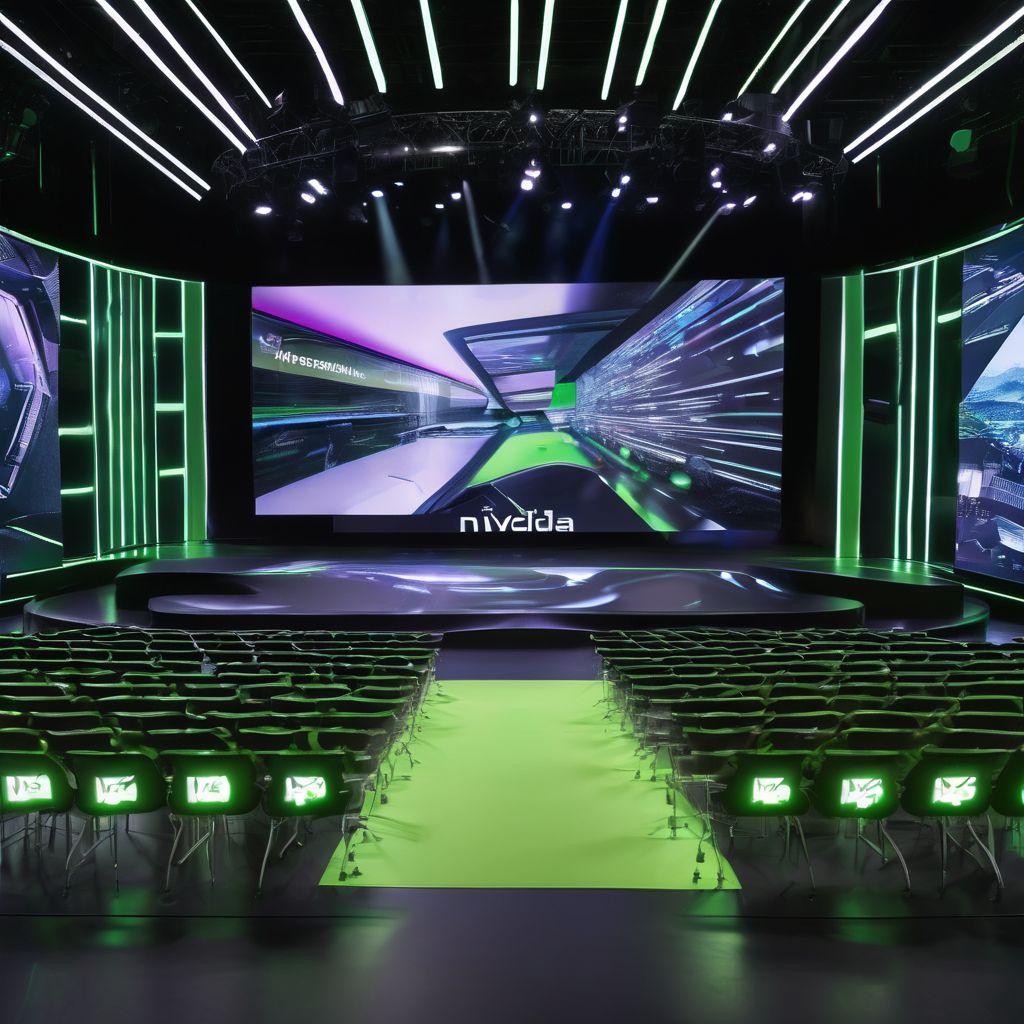
Germany is planning to significantly increase its public funding for artificial intelligence (AI) research in an effort to close the skills gap with industry leaders China and the United States. The country aims to nearly double its funding to almost one billion euros within the next two years, according to the country's research minister, Bettina Stark-Watzinger. This target, although ambitious, is still modest compared to the $3. 3 billion that the US government allocated to AI research in 2022, as reported by Stanford University. Germany's push for AI research comes as it aims to revive its economy amid competition from electric vehicle manufacturers and high energy costs, particularly affecting its automotive and chemical sectors. The plan includes creating 150 new university AI research labs, expanding data centers, and making complex public data sets more accessible for AI analysis, a significant undertaking in a country where cash transactions are prevalent and fax machines are still in use. However, Germany's public funding is dwarfed by private AI spending in the US, which reached $47. 4 billion in 2022, nearly double the total spending in Europe and well ahead of China's $13. 4 billion, as stated in the Stanford report.
Nonetheless, Stark-Watzinger believes that Europe's emphasis on privacy and personal safety in its emerging regulatory framework could attract AI players to Germany, alongside cooperation within the European Union. She highlighted Germany's advantage in having AI systems that are explainable, trustworthy, and transparent. Simpler regulations could also encourage increased private research spending, she added. Although Germany trails behind the US in terms of technology giants, the number of AI startups in the country doubled in 2023. However, Germany currently ranks ninth globally in terms of AI startup activity. Meanwhile, Meta Platforms recently announced the launch of its text-first social media platform, Threads, in its bid to retain professional users and gain an advantage over its competitor, X (formerly Twitter).
None


As the holiday shopping season nears, small businesses prepare for a potentially transformative period, guided by key trends from Shopify’s 2025 Global Holiday Retail Report that could shape their year-end sales success.

Meta’s Artificial Intelligence Research Lab has made a notable advancement in fostering transparency and collaboration within AI development by launching an open-source language model.

As artificial intelligence (AI) increasingly integrates into search engine optimization (SEO), it brings significant ethical considerations that must not be overlooked.

During Nvidia’s GPU Technology Conference (GTC) keynote on October 28, 2025, a disturbing deepfake incident occurred, raising significant concerns about AI misuse and deepfake risks.

British advertising firm WPP announced on Thursday the launch of a new version of its AI-powered marketing platform, WPP Open Pro.

LeapEngine, a progressive digital marketing agency, has significantly upgraded its full-service offerings by integrating a comprehensive suite of advanced artificial intelligence (AI) tools into its platform.

OpenAI’s latest AI video model, Sora 2, has recently faced substantial legal and ethical challenges following its launch.
Launch your AI-powered team to automate Marketing, Sales & Growth

and get clients on autopilot — from social media and search engines. No ads needed
Begin getting your first leads today